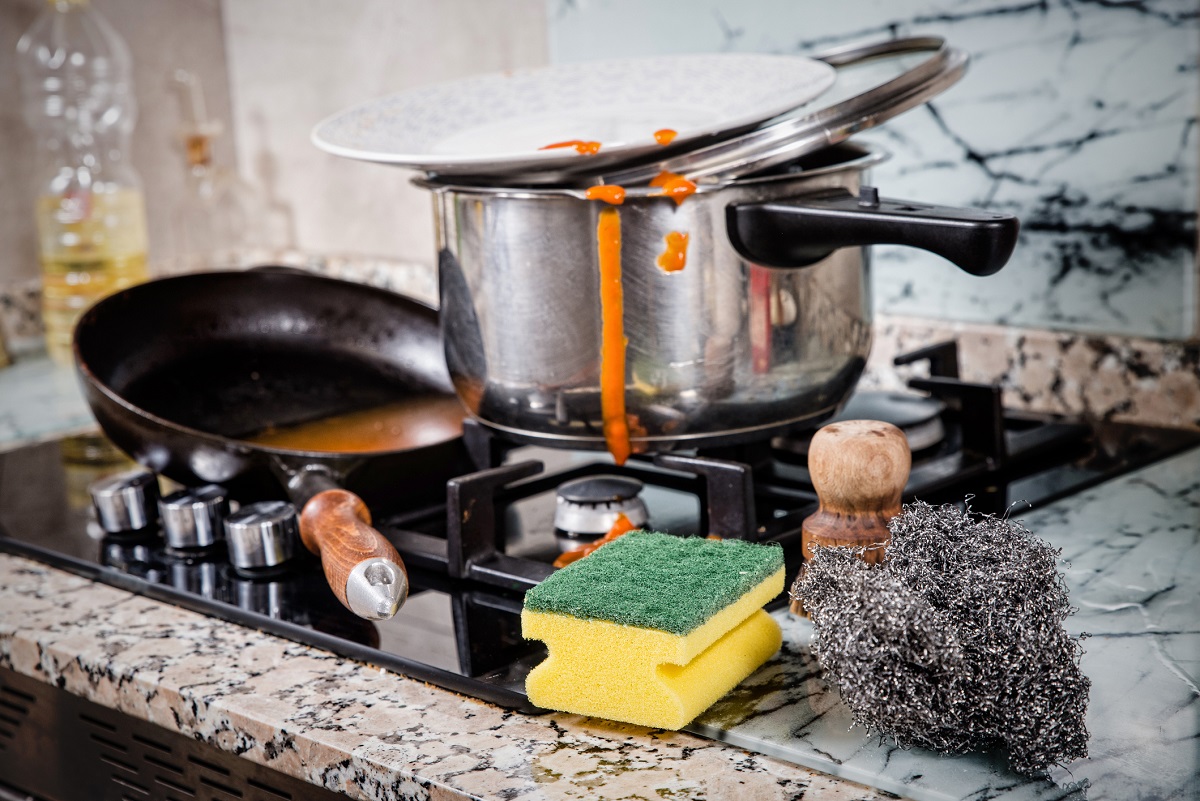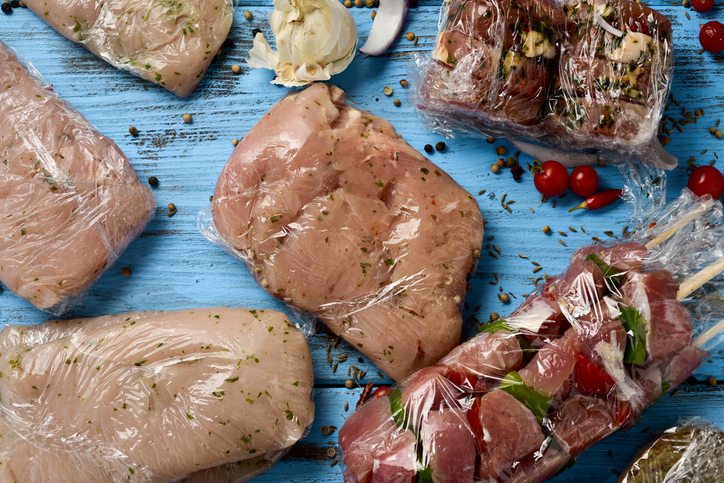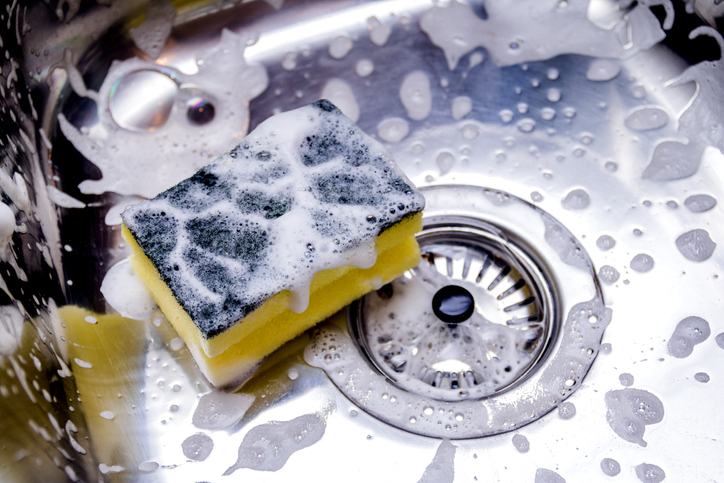Seven kitchen habits that could make you sick
by Stephanie Koathes Feb 17, 2020

Make sure you’re not committing these bad kitchen habits that could make you sick.
Rinsing raw meat
Though you might think this is a hygienic practice that will reduce bacteria on meat or poultry, it’s contaminating your kitchen. That water gets in the sink and can splash on counters and dishes.
Countertop thawing

Leaving meat to defrost on the counter is a no-no. Bacteria can spread more easily at room temperature, and thawing meat on the countertop means that bacteria is spreading on your work surface. Stick to thawing meat in the fridge, in a bowl of cold water or the microwave.
Not washing
If you’re not washing your hands while cooking, you could cause yourself some problems. Handwashing frequently as you move through your food prep is essential. It’s particularly important after handling eggs, meat, poultry, and fresh produce. You also need to ensure you wash all fresh produce to get rid of dirt, bacteria, and pesticides that may be lurking.
Kitchen towels

If you’re not washing your kitchen towels often you could be causing cross-contamination in your kitchen. Have separate towels for food preparation, hand washing, and cleaning. Make sure to wash your kitchen towels in hot water after each use.
Not cleaning can openers
Can opener blades come into contact with the contents of every can they’re used to open. This can lead to cross-contamination and the growth of bacteria if you’re not cleaning the blade. Wash your can opener with hot water and soap after each use.
Sponges

Sponges are great for cleaning up spills and washing dishes, but they also hang on to bacteria and provide a wonderful place for them to thrive. Make sure to wash out your sponges in hot, soapy water after each use. Leave sponges in an area with good airflow to dry when you’re done.
Taste-testing
If you think a food item is past its expiration date or you’re unsure whether it’s still good or not, don’t taste it! While tasting a little bit to see if it’s good might seem innocent, even a small amount of the wrong bacteria can make you very sick.
Sources: Food Network, The Spruce and HuffPost.








